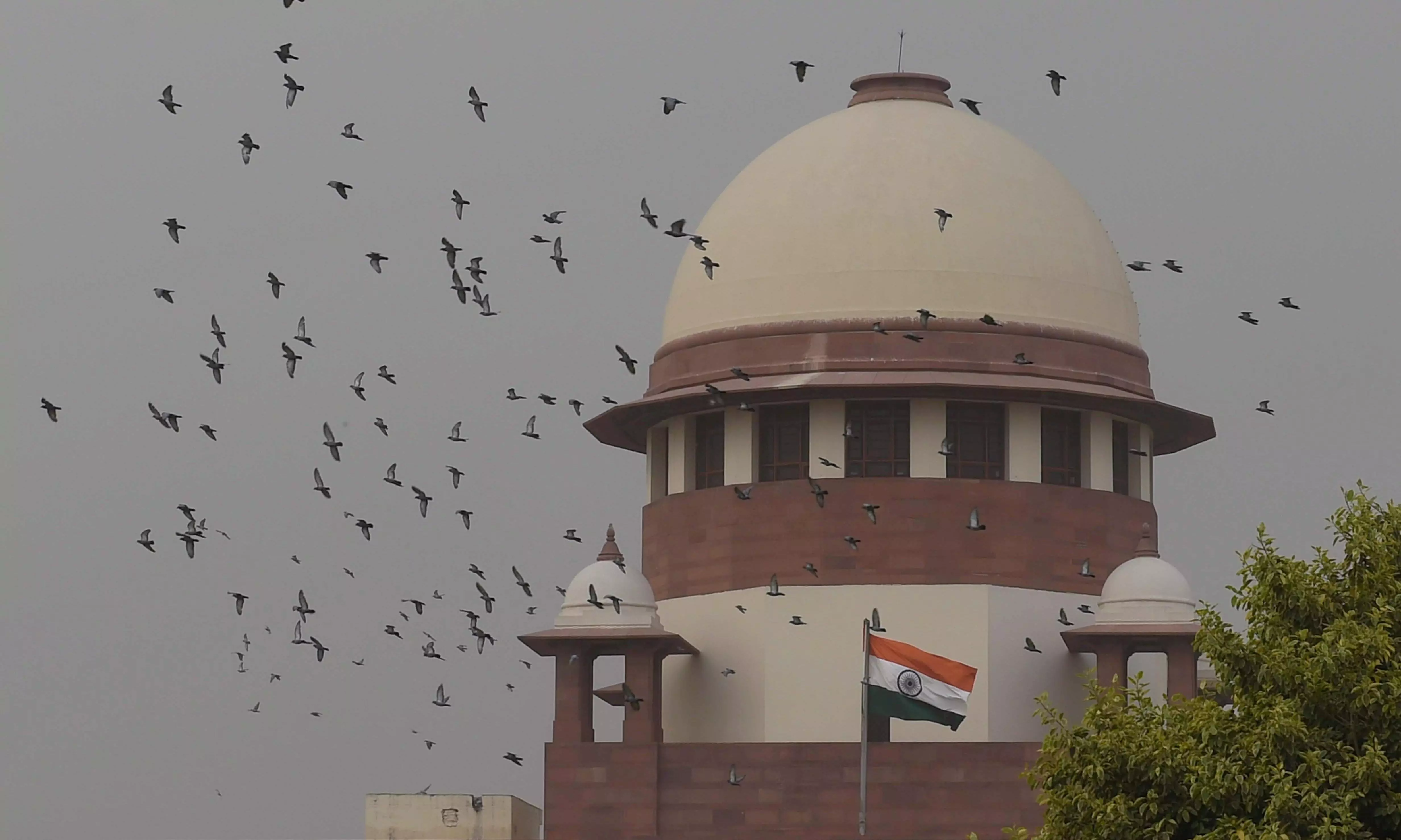Quest for balance

The Supreme Court’s order allowing the Income Tax Department to reassess the income of Environics Trust, with a caveat that no final orders shall be passed, reflects the complexity of the cases involving dispute between the government and NGOs. Both the entities are entrusted with the shared task of facilitating development but stand, largely, on different grounds.
The allegations that Environics Trust has used foreign funds to stall development projects under the guise of environmental and community activism raise serious concerns about the potential misuse of foreign contributions for activities that may not align with India's developmental goals. The Income Tax Department’s investigation reveals that Environics Trust received over 90 per cent of its income from foreign donations and allegedly engaged in activities contrary to its stated objectives, including funding protests against public projects.
The Supreme Court’s order rightly takes cognisance of such serious, alleged irregularities. However, its direction stalling the passage of final order for the time being reflects upon the adversarial approach adopted by the Central government, in general, against numerous NGOs. Notably, the verdict has come just a couple of weeks after the Union Home Ministry cancelled the registration of five NGOs for alleged violation of provisions of the Foreign Contribution Regulation Act (FCRA). The cancellation of FCRA registration deprives NGOs from accessing foreign funds. Over the past five years, the Central Government has revoked the FCRA licenses of over 6,600 NGOs citing legal violations. In total, the licenses of 20,693 NGOs have been cancelled over the past ten years. The very fresh cases of revocation of prominent NGOs include those relating to the Centre for Policy Research, Rajiv Gandhi Foundation, Rajiv Gandhi Charitable Trust, Oxfam India etc.
The central question that arises here is, therefore, one of balance. NGOs play a critical role in civil society, championing causes ranging from environmental protection to human rights and community development. However, when foreign funding becomes a major component of their operations, it raises questions about influence and intentions. The government’s concern is understandable: it seeks to ensure that such funding does not undermine national interests or manipulate domestic policies. However, there is a delicate line between vigilance and suppression. The FCRA is designed to regulate the acceptance and usage of foreign contributions. It is a necessary tool to prevent foreign interference in domestic affairs, ensuring that contributions do not fuel activities detrimental to national interests. Nonetheless, the application of FCRA must be transparent, fair, and just, avoiding broad-brush accusations or the stifling of legitimate dissent.
In the case of Environics Trust, if the allegations of misusing funds for activities that contravene their mission are proven, it would be a betrayal of public trust and a disservice to the very communities they purport to serve. Activities such as funding staged protests or hiring paid protesters, as alleged, not only divert resources from genuine advocacy but also tarnish the reputation of the NGO sector as a whole.
The government has the right—and the responsibility—to scrutinise and regulate NGOs to prevent misuse of foreign funds. However, this oversight should not become an overreach stifling legitimate NGO activities that might occasionally oppose government projects. NGOs often provide a platform for voices that are otherwise unheard in the corridors of power. The actions against Environics Trust and other NGOs must be based on solid evidence and legal due process. Transparency in these actions is crucial to avoid perceptions of a witch-hunt against NGOs critical of government policies. At the same time, NGOs need to maintain strict compliance with the law and ensure that their activities genuinely reflect their stated objectives and contribute positively to society.




